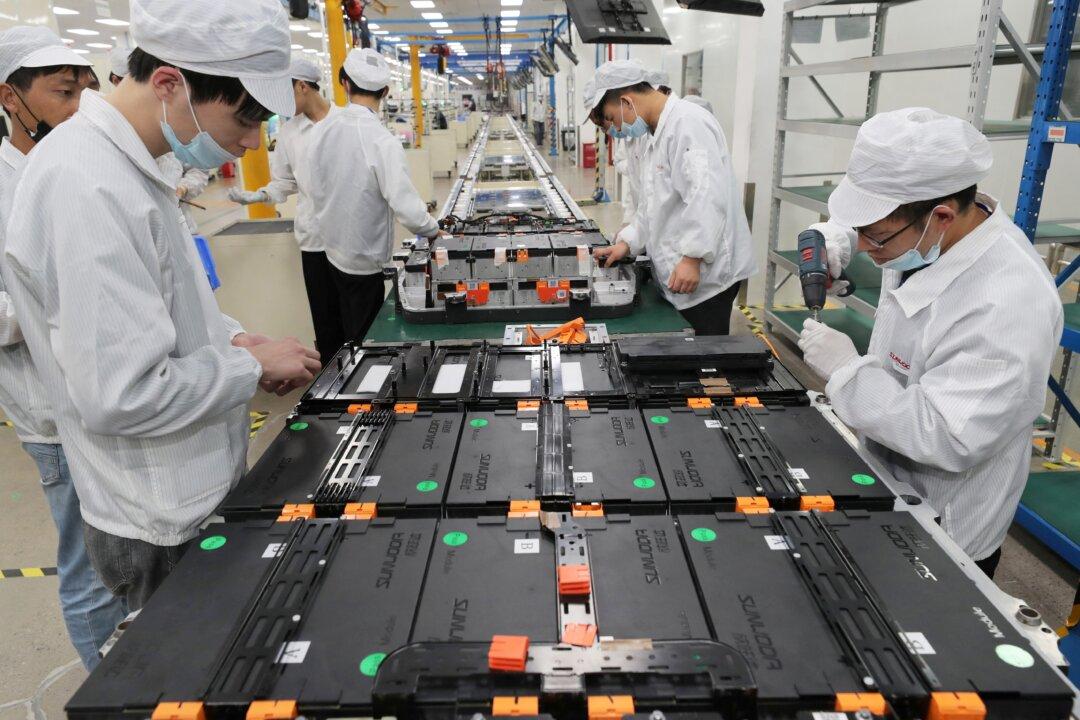The Chinese communist regime has laid out the strategy to take over the United States as the world’s dominant power by 2049. Meanwhile, the United States is reducing its national security by voluntarily making itself more dependent on the “green energy” that China dominates, analysts say.
“China is using climate to subvert the United States,” Steve Malloy, a senior legal fellow at the Energy and Environment Legal Institute, said in a recent interview on Epoch TV’s “American Thought Leaders.”





